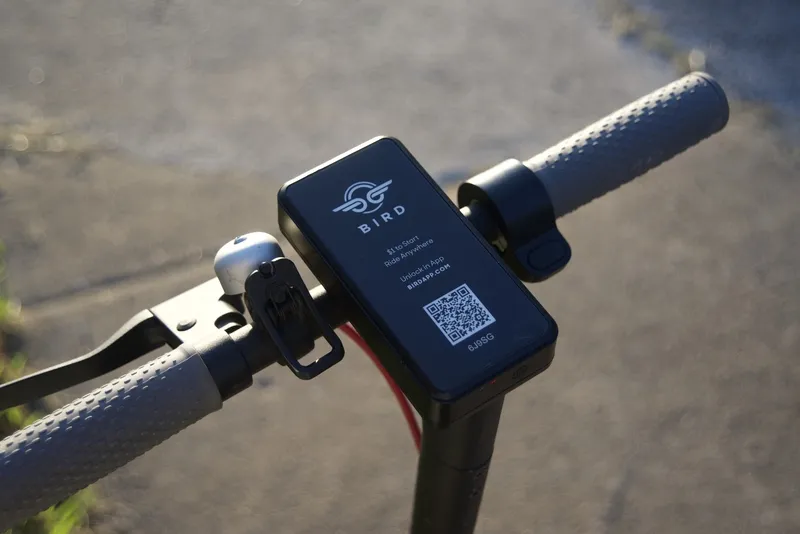For the second year running, Govecs, Germany's leading supplier of electric scooters, has won the "European e-Scooter of the Year" Award. With its GO! S2.4 model, the company beat off strong competition in the under 25 km/h category, the most popular category in the Netherlands. The other first place was achieved in the highly competitive 45 km/h category with the GO! T2.4 cargo scooter. To add to their achievements, Govecs also went on to win second place in both these categories with their GO! S1.2 and GO
May 8, 2012
Read time: 2 mins
For the second year running, 5448 Govecs, Germany's leading supplier of electric scooters, has won the "European e-Scooter of the Year" Award. With its GO! S2.4 model, the company beat off strong competition in the under 25 km/h category, the most popular category in the Netherlands. The other first place was achieved in the highly competitive 45 km/h category with the GO! T2.4 cargo scooter. To add to their achievements, Govecs also went on to win second place in both these categories with their GO! S1.2 and GO! S2.4 models.
The international award was presented as part of Clean Week 2020 and organised in cooperation with the international1818 Federation of European Motorcyclists' Associations (FEMA). The competition was judged by a distinguished panel of 13 motorcycling journalists from Belgium, the Netherlands, Germany, France, Spain, Scandinavia, the UK, Switzerland, Italy and Austria. The vehicles were judged against a number of different criteria, including quality and fuel consumption, with a particular emphasis on emissions and noise output. Other factors taken into account included design, range, charging time and driving performance. Judges were also interested in the comfort, handling and market availability of the various vehicles.
Govecs, based in Munich, was founded in 2009 with the aim of supplying clean, efficient, reliable and affordable vehicles for everyday use.
To download high resolution photos go to: www.govecs.com/media-center. All pictures (unless otherwise stated): © GOVECS GmbH
The international award was presented as part of Clean Week 2020 and organised in cooperation with the international
Govecs, based in Munich, was founded in 2009 with the aim of supplying clean, efficient, reliable and affordable vehicles for everyday use.
To download high resolution photos go to: www.govecs.com/media-center. All pictures (unless otherwise stated): © GOVECS GmbH










